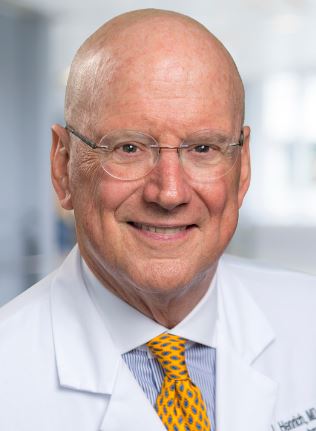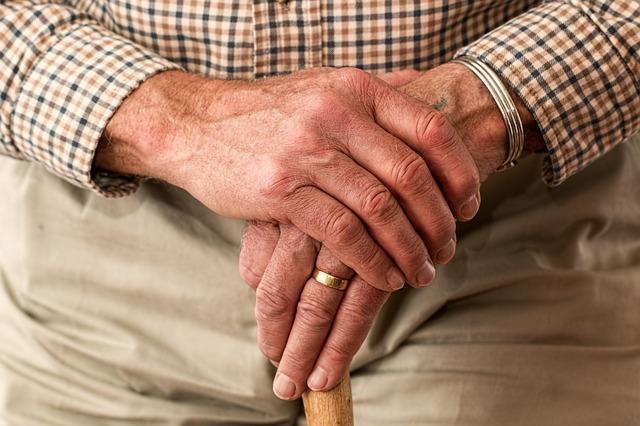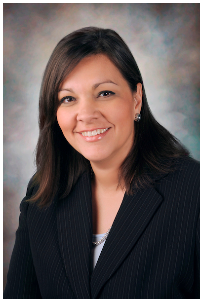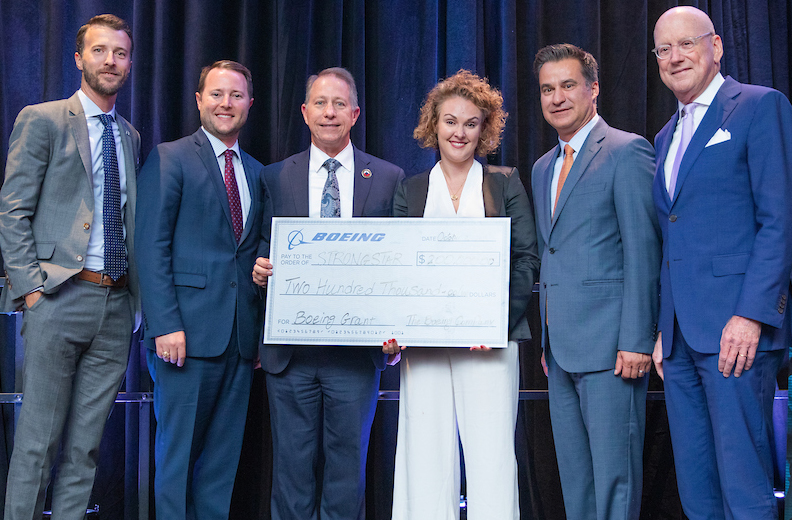The University of Texas System Board of Regents on Nov. 14 approved $80 million from the Permanent University Fund (PUF) Bond Proceeds for UT Health San Antonio to expand its sites of care, including the construction of a multispecialty/research hospital in San Antonio.
While still in the early planning phase, this expansion will transform patient care in multiple sub-specialties with the critical integration of advanced medical research from San Antonio’s leading academic health organization. The hospital facility will integrate exceptional patient care with robust clinical research to more comprehensively care for the unique health needs of San Antonio’s diverse community.

As such, the new facility will be a unique addition to San Antonio’s hospital environment. Having increased access to the newest drugs and surgical devices in hundreds of clinical trials provides an extraordinary opportunity for patients to receive the most innovative health care without leaving the city.
In this effort, UT Health San Antonio will maintain its essential collaboration with its primary clinical and teaching partner, University Health System (UHS), as the two organizations continually look for ways to work together for Bexar County and surrounding areas to provide the best possible health outcomes. While specific details are yet to be defined, this expansion of innovative health care service with these strong partners is an unprecedented opportunity to positively impact community health.
UT Health San Antonio intends to pay for the clinical expansion with a combination of funds from current clinical operations, debt and charitable donations, as well as the PUF distribution.
“We are proud to be at the forefront of innovation with a new facility that will support the extraordinary work of our doctors, nurses and other health care providers, including our significant research community,” said William L. Henrich, M.D., MACP, president of UT Health San Antonio. “These funds and a new facility represent a welcome and needed investment in San Antonio. It is beneficial not only for patients, but also for the educational, research and highly specialized patient care services that our university provides through five schools, including medicine, dentistry, nursing, health professions and biomedical sciences.
“It is also a demonstration of The University of Texas fulfilling its mission of advancing health to serve Texans and the world,” Dr. Henrich added. “I am incredibly grateful to the UT System Board of Regents, Chancellor James Milliken, Executive Vice Chancellor for Health Affairs John Zerwas, M.D., and the entire leadership team of the UT System for their partnership to advance health care in San Antonio and beyond.”






